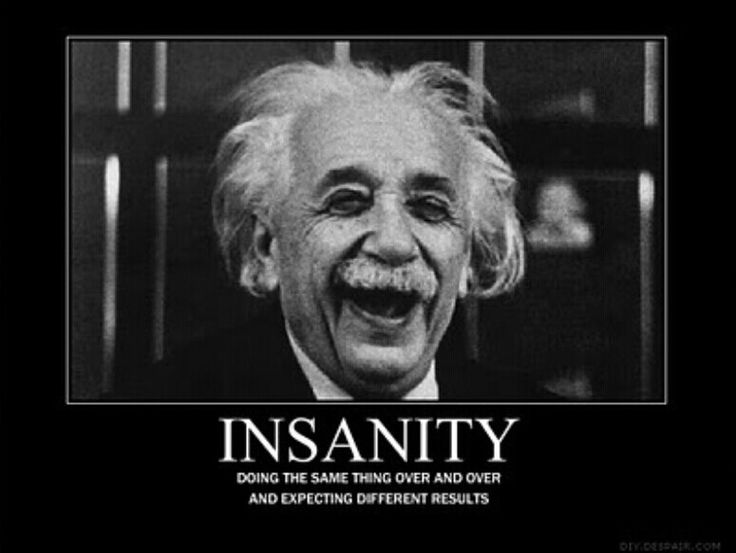AN ASSIGNMENT: READ THIS. THEN ASK CHATTYPANTS TO PREPARE THE COUNTER-TEXTS MENTIONED AT THE END AND DECIDE JUST WHERE YOU STAND. THINK, JUST DON’T BELIEVE FOR YOURSELF AND OTHERS.
| Tradition | Scripture / Source | Passage (Representative Translation) | How It Has Been Interpreted |
|---|---|---|---|
| Judaism (Hebrew Bible) | Genesis 3:16 | “Your desire will be for your husband, and he will rule over you.” | Seen as divine sanction of male authority over women after the Fall. |
| Exodus 20:17 | “You shall not covet your neighbor’s house; you shall not covet your neighbor’s wife…” | Wife listed among man’s property, reinforcing patriarchal ownership. | |
| Christianity (New Testament) | 1 Corinthians 11:3 | “The head of every man is Christ, the head of a woman is the man, and the head of Christ is God.” | Establishes hierarchy: God → Christ → man → woman. |
| Ephesians 5:22–24 | “Wives, submit yourselves to your own husbands as you do to the Lord. For the husband is the head of the wife…” | Wives commanded to submit to husbands, reflecting male headship. | |
| Islam (Qur’an & Hadith) | Qur’an 4:34 | “Men are in charge of women by [right of] what Allah has given one over the other and what they spend [for maintenance]…” | Male guardianship and authority over women in family. |
| Hadith (Sunan Abu Dawud 2142) | “If I were to command anyone to prostrate to anyone, I would command women to prostrate to their husbands…” | Strongly emphasizes husband’s authority. | |
| Hinduism (Manusmṛti) | 5.148 | “In childhood a female must be subject to her father, in youth to her husband, when her lord is dead to her sons; a woman must never be independent.” | Women always under male authority, never autonomous. |
| 9.3 | “A woman is never fit for independence.” | Codifies permanent male dominance. | |
| Buddhism (Vinaya Pitaka) | Cullavagga X.1 – Eight Garudhammas | “A nun, even if ordained for a hundred years, must rise up from her seat and salute a monk who has been ordained but a day.” | Ensures monks always outrank nuns, even in seniority. |
| Confucianism | Analects 17.25 | “Women and small men are hard to handle…” | Suggests women are inherently troublesome, requiring control. |
| Book of Rites (Liji) | Prescribes hierarchical family order with male authority. | Reinforces male dominance in family and society. |
⚖️ Note: These passages represent traditional, patriarchal readings that have been historically influential. Modern reform movements in nearly all these traditions offer alternative, more egalitarian interpretations.
Do you want me to also prepare a second table with counter-texts (scriptural passages often cited in favor of gender equality) so you can compare both sides?
